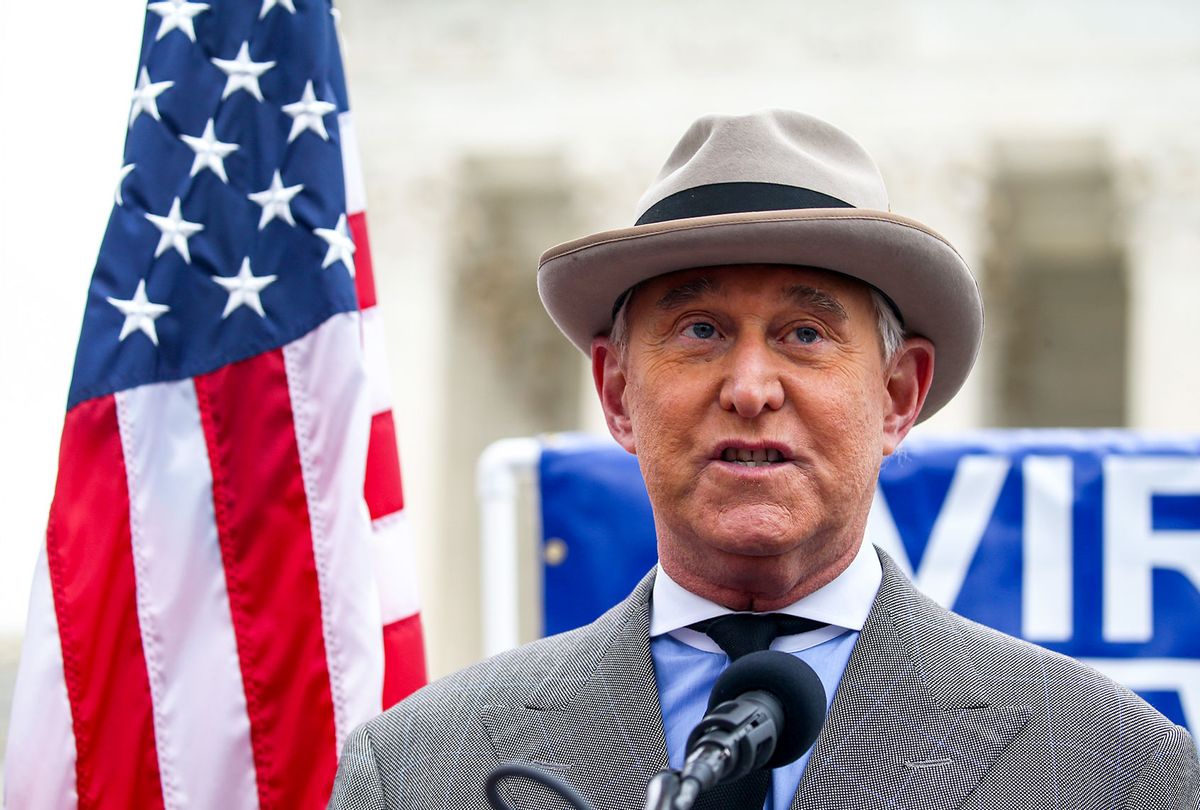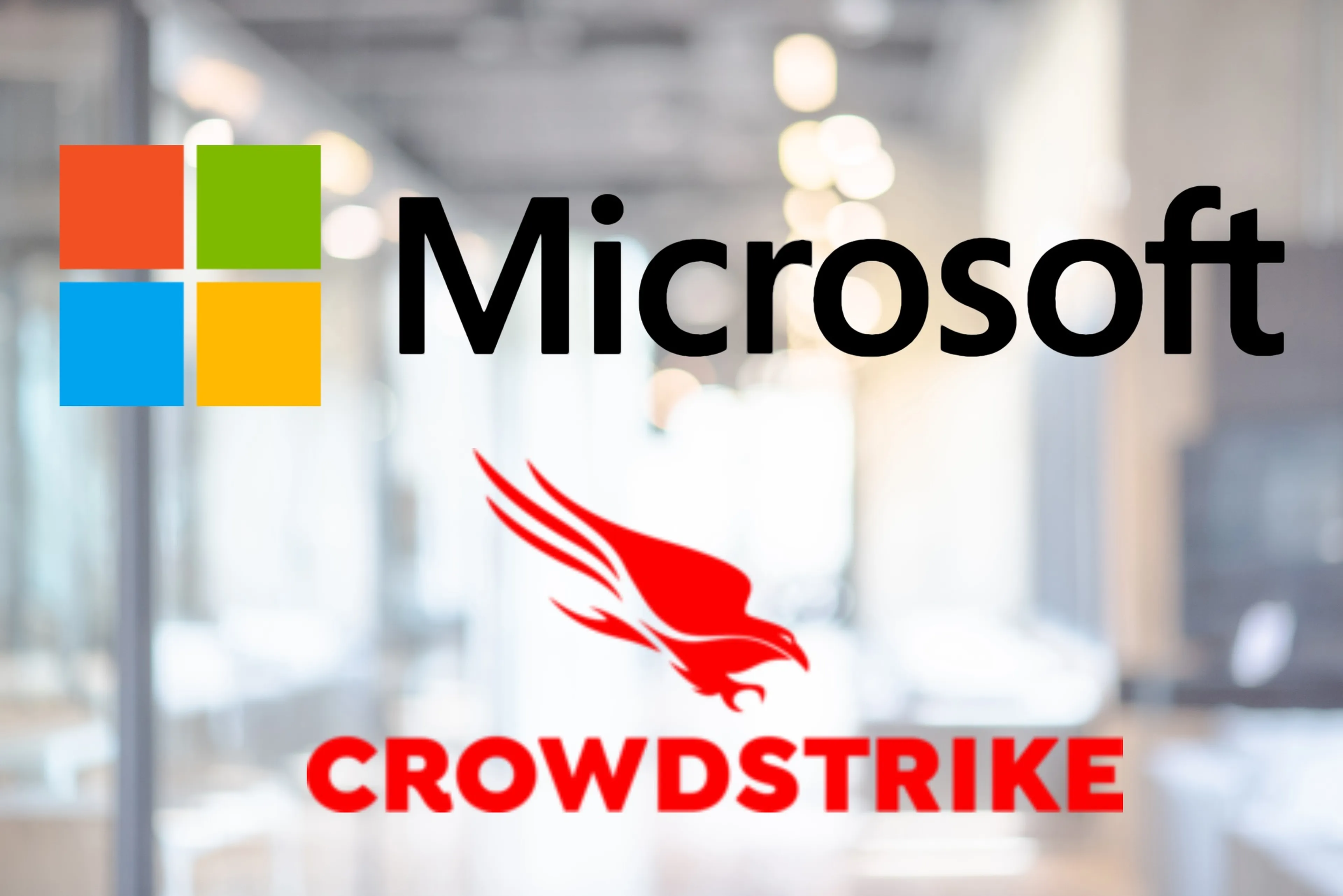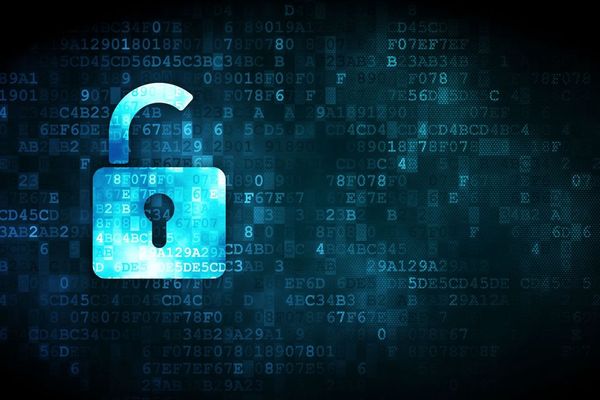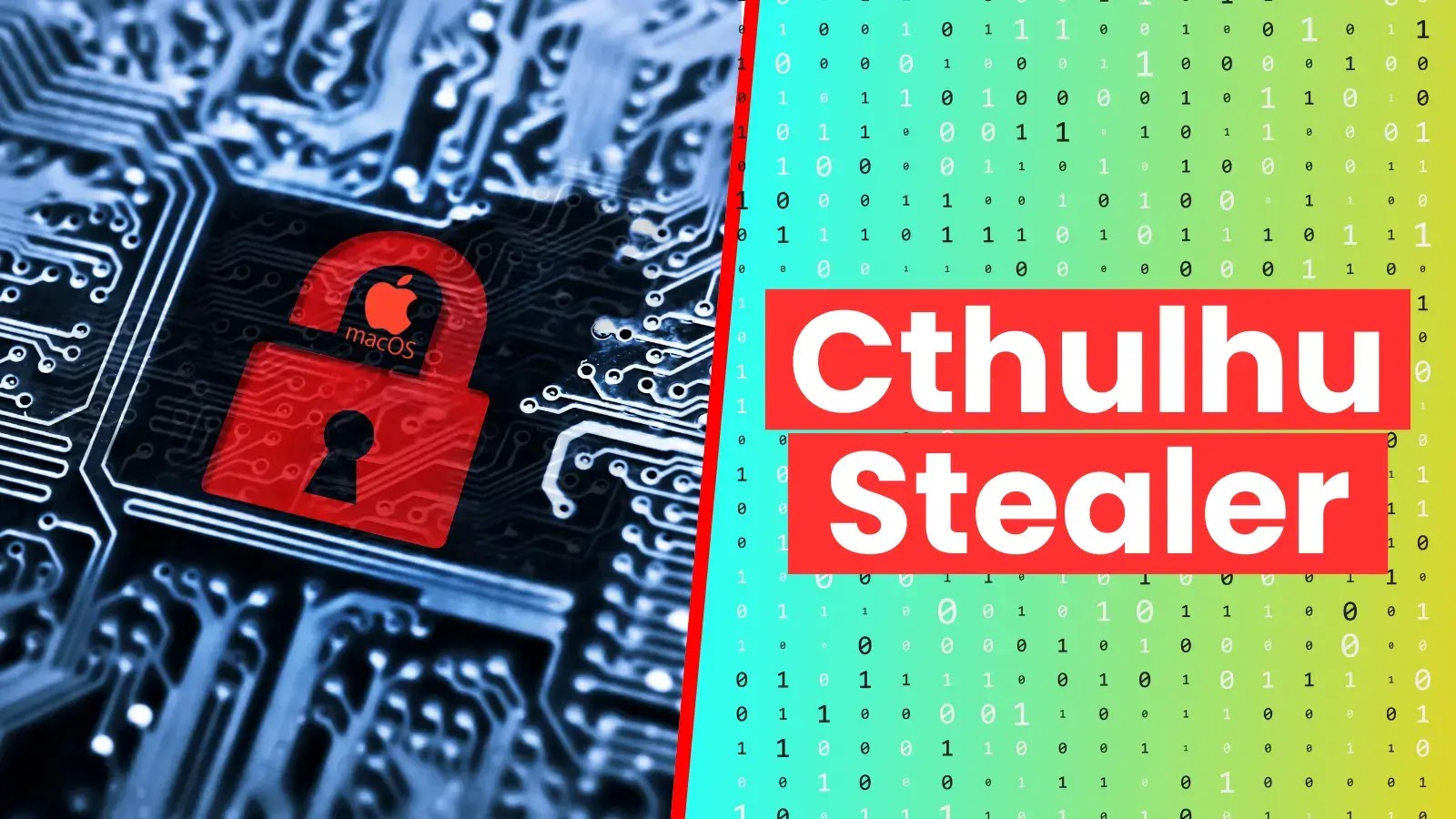
API and Bot Attacks Costing Businesses Billions and Rising
Security
Zaker Adham
20 September 2024
15 August 2024
|
Zaker Adham
Summary
Summary
This weekend, Politico reported that an individual known only as “Robert” shared documents allegedly stolen from the Donald Trump presidential campaign. The New York Times and The Washington Post have also received similar documents from the same source. This incident bears the hallmarks of a hack-and-leak operation, where hackers steal sensitive information and leak it strategically to harm the target. The FBI is investigating the breach, and Trump has accused the Iranian government of being behind it. Roger Stone, a longtime Trump confidante, claimed his email account was compromised, which may have initiated the operation.

This scenario is reminiscent of the 2016 hack-and-leak operation before the U.S. election. In 2016, a hacker named Guccifer 2.0 claimed responsibility for hacking the Democratic National Committee, though it was later revealed to be a persona controlled by Russian military intelligence. The current situation with “Robert” shows early signs of a similar pattern.
Just before Politico’s report, Microsoft disclosed that an Iranian government-backed hacking group sent a spear-phishing email to a high-ranking official on a presidential campaign. The FBI has been investigating the Trump campaign hack since June. Google’s Threat Analysis Group also confirmed that Iran-backed hackers targeted personal email accounts of individuals affiliated with both President Biden and former President Trump.
The media’s response to this hack-and-leak operation differs from 2016. Back then, media outlets amplified the leaked documents, which played into the hands of the hackers. This time, the focus has been on the hack-and-leak operation itself rather than the content of the leaked documents. Disinformation experts have praised this approach.
Thomas Rid, a professor at Johns Hopkins, commended Politico and journalist Alex Isenstadt for highlighting the foreign disinformation attempt rather than the leaked documents. However, this approach might change if more newsworthy leaks emerge. It’s crucial for journalists to provide context behind hack-and-leak operations, whether they are conducted by government-backed hackers or hacktivists with good intentions.
When asked about the source of the documents, Robert reportedly advised against curiosity, stating that any answer would compromise him and legally restrict publication.

Security
Zaker Adham
20 September 2024

Security
Paikan Begzad
13 September 2024

Security
Zaker Adham
12 September 2024

Security
Paikan Begzad
26 August 2024